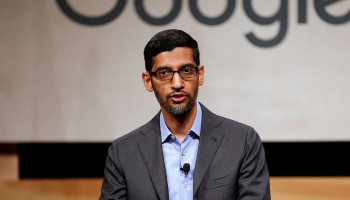
Germany, France and Italy have reached an agreement on how artificial intelligence should be regulated in the future, according to a joint paper seen by Reuters.
The pact is aimed to expedite the negotiations being held at the European level.
The involved governments stand in favour of binding voluntary commitments for AI providers operating at any scale in the European Union.
Read more: Exploring ChatGPT plugins for a tailored user experience
To decide the collective position of the bloc, the European Commission, the European Parliament and the EU Council are actively engaged in talks.
The Parliament presented an "AI Act" in June that was aimed to avert safety threats posed by AI applications and avoid prejudiced effects, but without reducing the technology's impact in Europe.
Meanwhile, the European Parliament proposed that the ethics should only bind the major AI providers that are primarily based in the U.S.
However, warning against the slight exemption of smaller AI providers, the three EU governments said this could lead to less trust in the security of these smaller providers and, as a result, fewer customers.
The rules of conduct and transparency should therefore be binding for everyone, they added.
They remarked that if contraventions of the code of conduct are observed after a period of time, a system of sanctions could come into effect.
European authority would in the future ensure that the standards are followed, the paper said.
The laws and state control should not regulate AI itself, but rather its application, said Germany's Economy Ministry, which is in charge of the topic together with the Ministry of Digital Affairs.
"We need to regulate the applications and not the technology if we want to play in the top AI league worldwide," said Volker Wissing, Digital Affairs Minister.
Moreover, it added that the development of AI models that are not functional or have not been launched yet should not be regulated by the state separately.
State Secretary for Economic Affairs Franziska Brantner was of the view that it is vital to harness the opportunities and limit the risks.
"We have developed a proposal that can ensure a balance between both objectives in a technological and legal terrain that has not yet been defined," Brantner said.
















